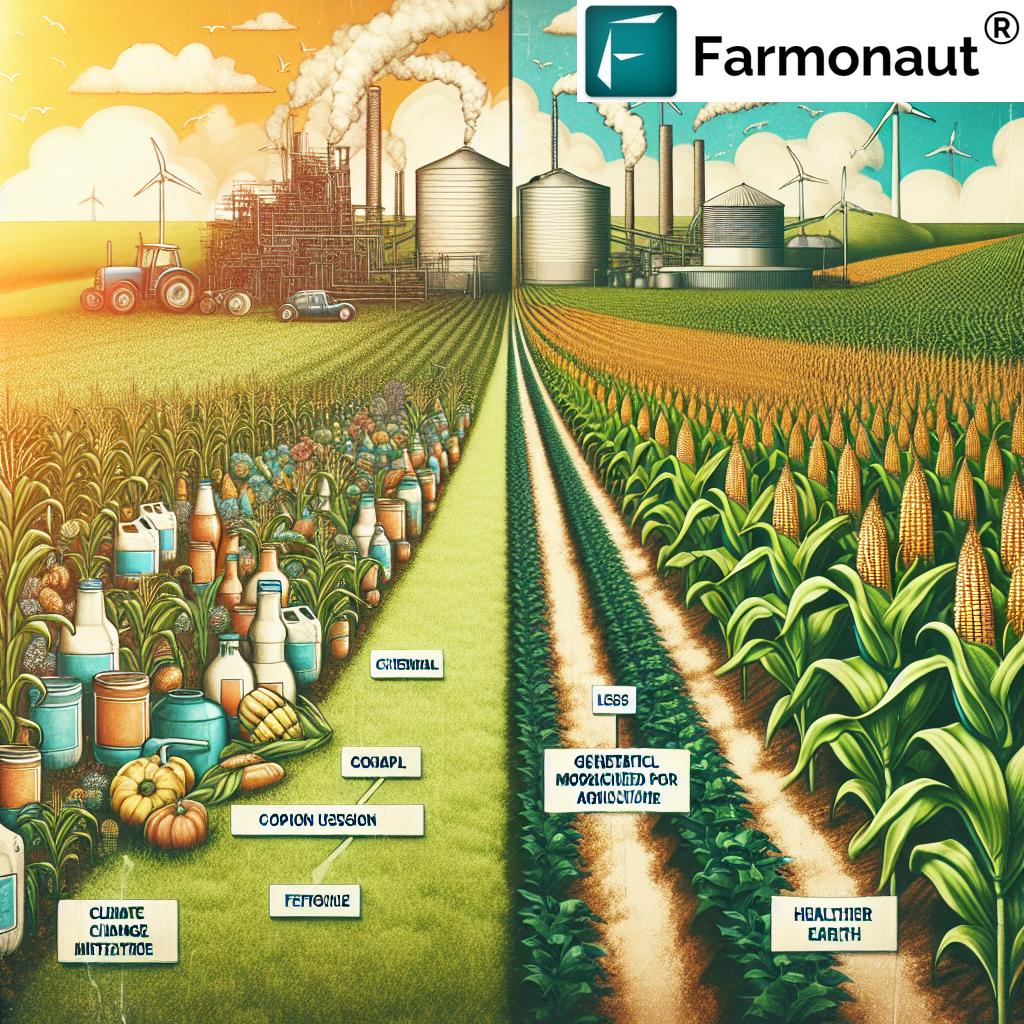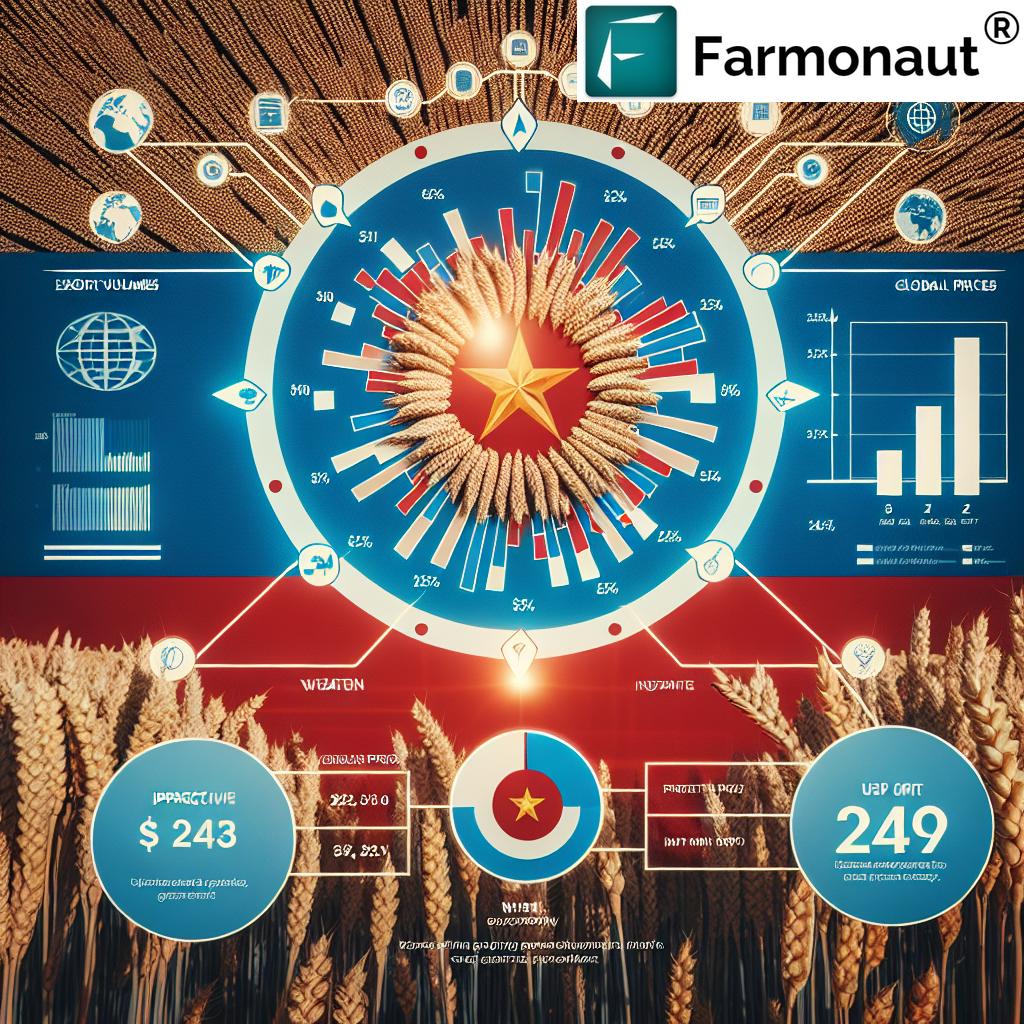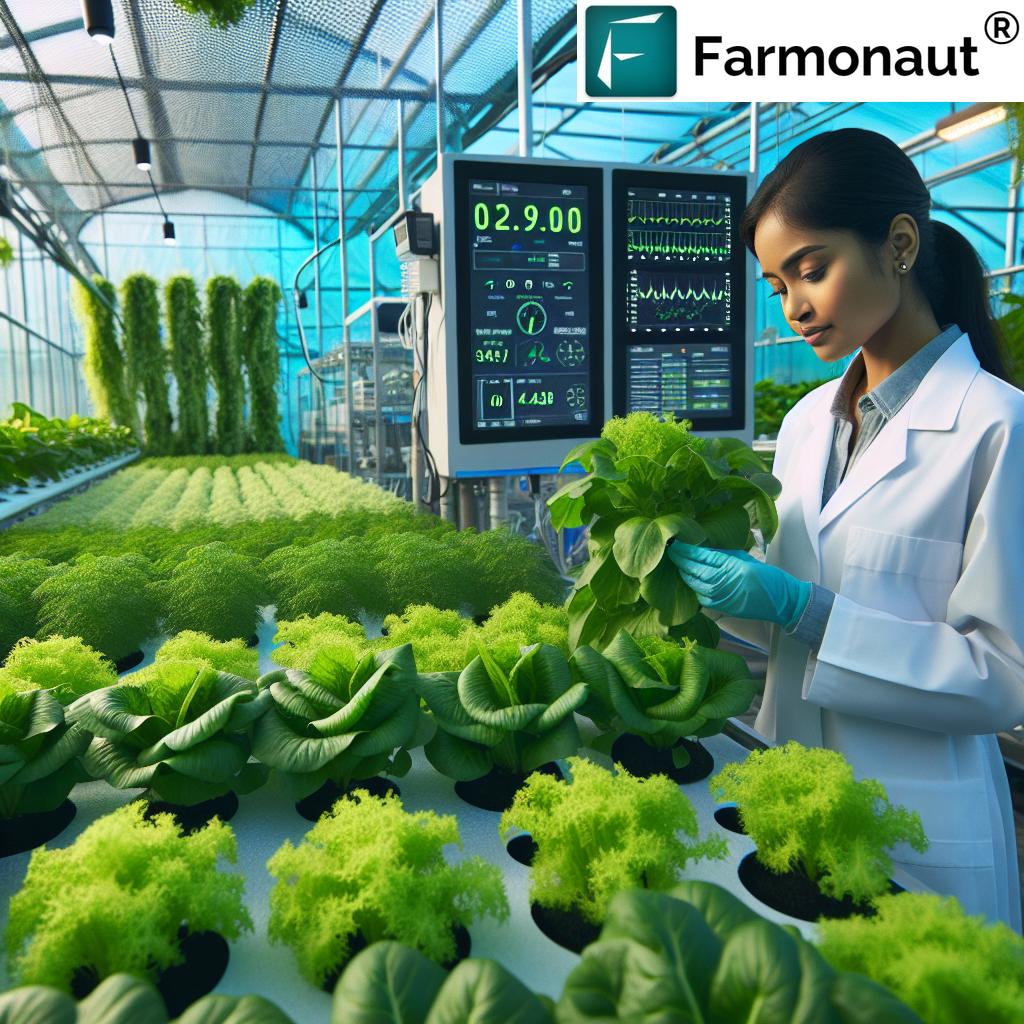Revolutionizing Agriculture: Breakthrough Bacteria Slashes Fertilizer Use and Combats Climate Change
In a groundbreaking development at the forefront of sustainable agriculture innovation, scientists have engineered a remarkable solution that promises to transform farming practices while simultaneously addressing the pressing issue of climate change. This revolutionary approach involves genetically modified bacteria for farming, which could significantly reduce the agriculture industry’s reliance on chemical fertilizers and contribute to climate change mitigation in agriculture.

The Promise of Nitrogen-Fixing Bacteria
At the heart of this innovation are nitrogen-fixing microbes for crops, specifically engineered to enhance the natural process of nitrogen fixation in soil. This breakthrough in biological engineering in farming could lead to a substantial reduction in the use of chemical fertilizers, which have long been a significant contributor to greenhouse gas emissions.
- Potential to replace up to 20% of chemical fertilizer use
- Aims to eventually substitute as much as 50% of current fertilizer requirements
- Contributes to greenhouse gas reduction in agriculture
The development of these eco-friendly fertilizer alternatives is not just a scientific achievement; it represents a crucial step towards carbon emissions reduction in the agricultural sector. By reducing chemical fertilizer use, farmers can significantly lower their carbon footprint while maintaining or even improving crop yields.
The Science Behind the Innovation
The breakthrough comes from the field of genetic engineering agriculture, where scientists have successfully modified the DNA of soil bacteria to enhance their nitrogen-fixing capabilities. This agricultural biotechnology allows the bacteria to continue producing nitrogen even in the presence of chemical fertilizers, effectively “hijacking” the microbes to work more efficiently.
Researchers at institutions like MIT are at the forefront of this biological engineering revolution. They are using advanced techniques, including artificial intelligence, to optimize the DNA configurations of these beneficial bacteria.

Impact on Farming Practices
The introduction of these genetically modified bacteria is already making waves in the farming community. In the heart of America’s Corn Belt, farmers are experiencing the benefits firsthand:
- Improved plant health and robustness
- Reduced need for chemical fertilizers
- Potential for increased crop yields
This innovation aligns perfectly with the principles of precision agriculture, allowing farmers to optimize their resource use while minimizing environmental impact. It’s a significant step towards creating a more sustainable and efficient agricultural system.
For those interested in leveraging technology for sustainable farming, Farmonaut’s satellite-based crop monitoring app offers valuable insights:
Environmental Benefits and Climate Change Mitigation
The potential environmental benefits of this technology are substantial:
- Reduced greenhouse gas emissions from fertilizer production and use
- Improved soil microbiome health
- Decreased water pollution from fertilizer runoff
- Contribution to overall climate change mitigation efforts
By adopting these innovative bacteria, the agricultural sector could significantly reduce its carbon footprint. Early estimates suggest that the use of these modified seeds prevented the release of approximately 706,000 metric tons of carbon dioxide equivalent in the past year alone – comparable to the emissions from burning 1.5 million barrels of oil.
Challenges and Concerns
Despite the promising outlook, the introduction of genetically modified organisms into the environment raises important questions:
- Potential unintended consequences on ecosystems
- Long-term effects on soil health and biodiversity
- Regulatory challenges and public acceptance
Experts emphasize the need for ongoing research and monitoring to ensure the safety and efficacy of these new technologies. The debate underscores the importance of balancing innovation with caution in the pursuit of sustainable fertilizer alternatives.
For farmers looking to stay informed about their crop health and local conditions, Farmonaut offers mobile apps:
The Road Ahead
As the world grapples with the dual challenges of feeding a growing population and mitigating climate change, innovations like these genetically modified bacteria offer a glimpse of a more sustainable future. The agriculture industry stands at a crossroads, with the potential to revolutionize farming practices in ways that benefit both farmers and the environment.
The success of this technology could pave the way for further advancements in agricultural biotechnology, potentially leading to crops that can fix their own nitrogen or other innovations that further reduce the environmental impact of farming.
For those interested in leveraging technology for precision agriculture, Farmonaut’s satellite API and developer documentation offer powerful tools for agricultural insights.
Conclusion
The development of genetically modified bacteria for nitrogen fixation represents a significant leap forward in sustainable agriculture innovation. By addressing the critical issues of fertilizer use and greenhouse gas emissions, this technology has the potential to transform the agricultural landscape and contribute meaningfully to global climate change mitigation efforts.
As research continues and the technology evolves, it will be crucial to maintain a balance between innovation and caution, ensuring that the pursuit of agricultural efficiency does not come at the cost of ecological stability. The future of farming looks promising, with these breakthroughs paving the way for a more sustainable and climate-friendly agricultural sector.
















